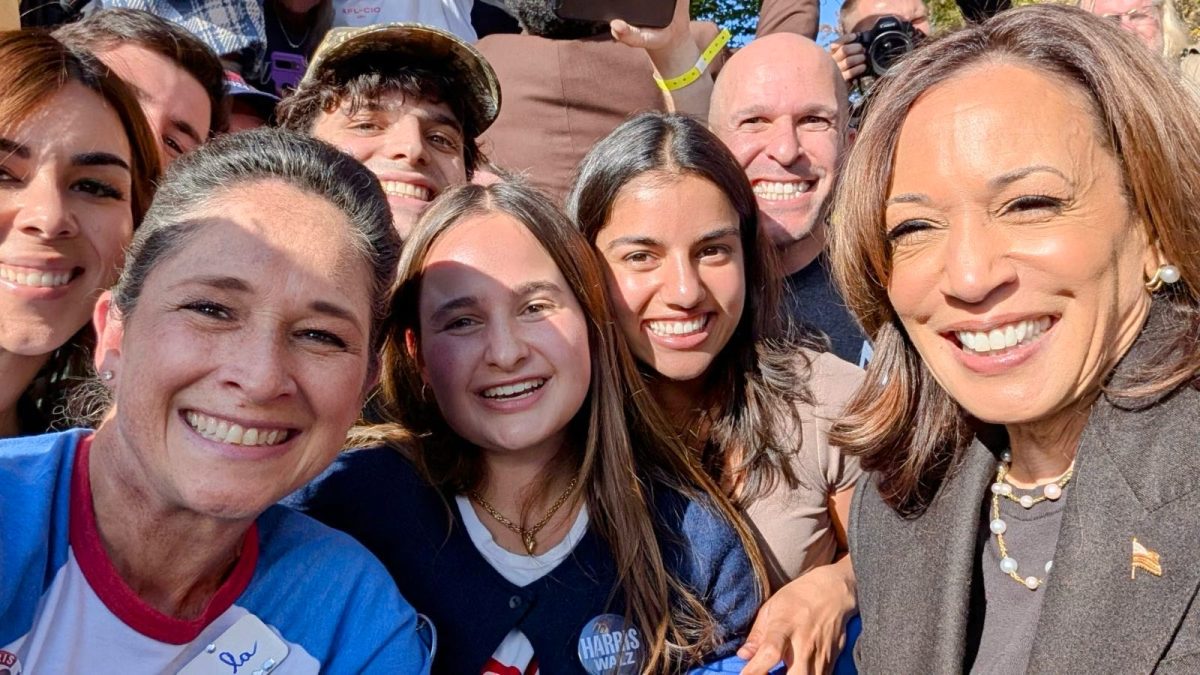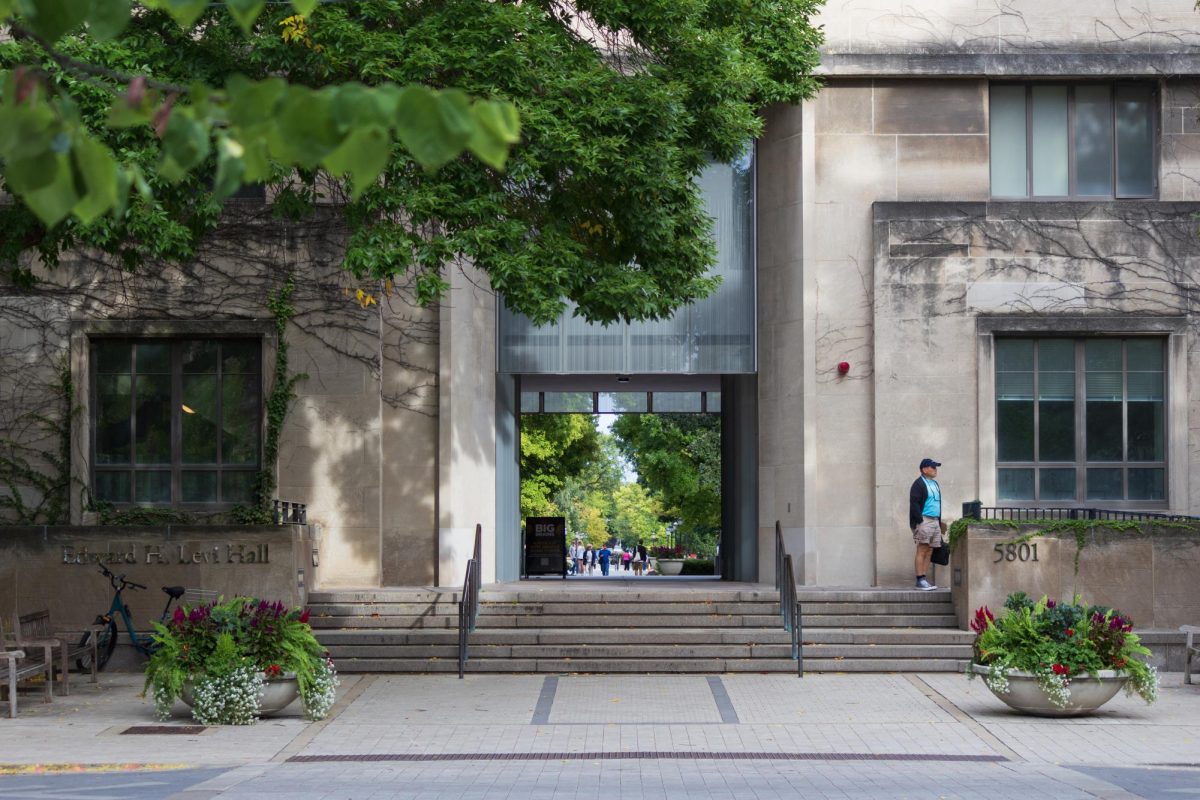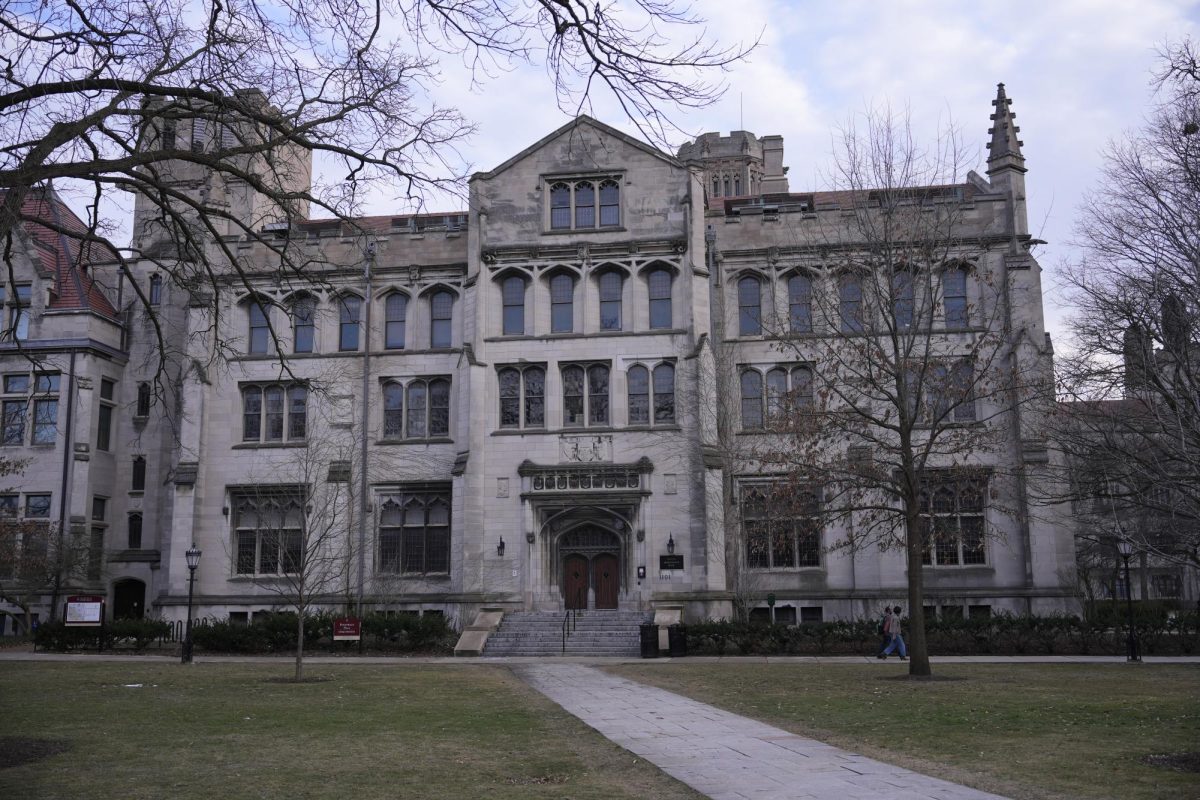Dashawn Oliver had had his fair share of encounters with the police, especially when he was younger. In the summers, officers would stop and frisk him every day. Now that he was older, they didn’t bother him as much. Except when he went north of 61st Street.
It was Sunday morning, and Oliver’s friend had convinced him to come with him to church on the University of Chicago’s campus. They didn’t even make it to 60th and Ellis before they were stopped by University of Chicago Police Department (UCPD) officers. The police were looking for a young black man with a red backpack who had been breaking into cars, and apparently Oliver fit the description. A Black officer asked Oliver for his backpack and started to go through his items, calling some other cop cars to the scene while the two men stood there. When the officer saw an old ID from Oliver’s time with AmeriCorps, he called Oliver “an educated brother.” They let him and his friend go.
Oliver didn’t think much of it. Since he was a kid, his mom had told him not to go too far north. He was the one who had forgotten her advice. But he also didn’t feel like he should’ve had to remember it. “You shouldn’t feel like this is normal, you know?” he said.
Oliver was one of several people I had the opportunity to speak to for my year-long B.A. thesis project on how South Side residents respond to police misconduct. For 65,000 Chicago residents who live as far as two miles away from the campus border, that can include misconduct committed by the officers of the UCPD. Those officers are still patrolling their streets, even as the university that employs them remains closed due to the pandemic and many of the students whose tuition funds their salaries have left the city.
The murder of George Floyd, a Black man choked to death beneath a police officer’s knee, has inspired an incredible amount of anger from University students and faculty and an incredible outpour of emotional and financial support for the protesters. So has the murder of Breonna Taylor in Kentucky. There were similar reactions at the University of Chicago when UCPD officers shot Charles Thomas and Myles Frazier. Those reactions were helpful, but the problem is bigger than all of these cases and needs a bigger response.
Every time we hear about police misconduct, it’s usually pretty clear what most people want, which is for the people in charge to fire the officers, arrest them, charge them with crimes, and lock them up. Minneapolis Mayor Jacob Frey, Minnesota Governor Tim Walz, and even Joe Biden and President Donald Trump have all signed on to some version of this.
But we’re not just angry because officer Derek Chauvin killed someone. He’s under arrest and is facing murder charges. I don’t even think we’re angry solely because police officers unfairly kill people. We’re angry because the thing that let a police officer with 18 complaints and a federal lawsuit filed against him get his hands on George Floyd is the same thing that made Dashawn Oliver afraid to go north of 61st Street. It’s that there’s a gap, often a racial one and a socioeconomic one, between the people who get to decide how the law is enforced and the people who live with those decisions. It’s that certain people choose the policing, and others get policed.
Police officers who commit crimes should face the punishment. But stopping and frisking Black people who go north of 61st Street is not a crime. Responding to a mental health episode with a gun is not a crime. The protests need to ask for more than for the same government that employed Chauvin as of last week to apply the penalty for murder to four people who committed a murder. Black people aren’t going to trust the police any more after Chauvin is sentenced than they did before, because we can’t arrest our way out of this problem. To an extent, many people already realize this. Something I’ve seen shared on social media a lot recently is a quote from poet Audre Lorde, “the master’s tools will never dismantle the master’s house.”
The University of Chicago Police Department represents an almost comical example of the problem of policing. It is run by University administrators, funded by University students, and has the power to take the life and freedom of any one of thousands of South Side residents who can’t so much as look at its budget. That’s a problem being worked on by student groups like Care Not Cops, who deserve our support.
So let’s be angry about George Floyd, knowing that the Minneapolis Police Department isn’t the only one we should be taking a look at. This is a crisis, but it’s also an opportunity to put Black neighborhoods in charge of their own law enforcement. That starts on campus.
AK Alilonu is a fourth-year in the College.







